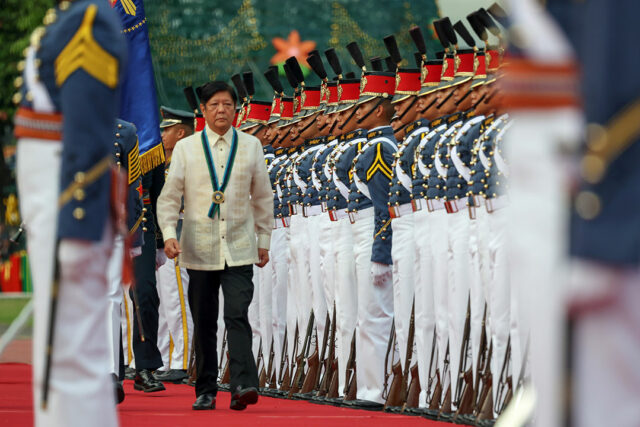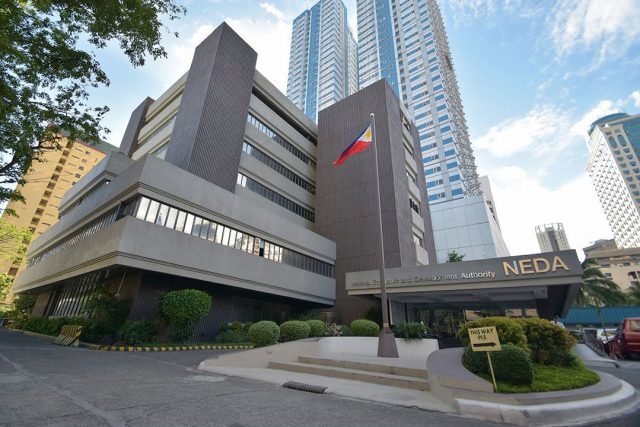How effective is routine job rotation?
Last week, you talked about employee transfer as an option for those who are not happy about their career development. How about job rotation as a routine practice to help develop people for future management jobs? — Lost Glory.
There’s a thin line that separates career development and management development. The former focuses on improving the growth of ordinary workers, so they become fully equipped with the right skills to perform their job. On the other hand, management development is about preparing high-potential talent with the right leadership tools they can use in the future.
This distinction has to be made as there are people not interested in doing management jobs.
When I studied in Tokyo on scholarship, I learned first-hand the intricacies of job rotation as Japanese employees become highly trained for the job. Workers are trained meticulously to do a myriad of jobs for their entire careers.
It’s easy to understand in the Japanese system, which presupposes lifetime employment. Rotations run for about three years per job. As soon as new employees are hired in April every year, they are assigned to jobs that are utterly alien to what they learned in university.
New workers with engineering degrees are posted to entry-level jobs in human resources (HR), sales, marketing, public relations, or finance. This is to ensure that people improve their skill in nemawashi (extensive consensus-building), among other traditional management practices.
If one has average communication skills in English, that person is assigned to work in other countries like a good friend of mine who was assigned here in the Philippines as a ranking executive in a major automaker, eight years prior to his compulsory retirement at 65 years.
The Japanese rotation system creates generalists, as opposed to the specialists preferred in Western countries. That’s why many high-flyers become chief executive officers in the same company right after college graduation. If not, they become part of the senior management team several years before retirement or after spending 45 years of their life in the same organization.
ADJUSTMENTS
Do you think you can copy this Japanese approach to job rotation? Maybe, but with some major adjustments. Accept the fact that people are natural job hoppers who may shun lifetime employment. You can experiment with a modified job rotation program to support continuing personnel development, starting with the following insights in mind:
One, benchmark against the best practices in your industry. Discover whether you have a sound basis for resorting to job rotation. Assuming you have no models in your industry, there is no harm in visiting other companies to observe their practices.
Two, justify the rationale for job rotation in your company. Anticipate all possible objections that management may put up to challenge your ideas. Welcome any question. It’s better that way so that your draft program is fully tested long before implementation.
Three, make it part of professional development for all. It can be a component of the business continuity program. Even experienced people do not automatically qualify as successors, unless they have spent working in many job functions and exercised leadership with various personalities.
Four, calibrate the amount of time needed for a successful job rotation. Would a three-year program suffice? How about one year? There should be no hard and fast rule, like how long an engineer needs to become effective in an HR job. Weigh the complexities of the work assignment.
Five, incorporate performance appraisals in the process. Job rotation is not a stand-alone program. It must work side-by-side with the organization’s appraisal system. In that case, the evaluation must be done within a framework where a monthly evaluation is done, depending on the strengths and weaknesses of participants.
Six, do a pilot test covering only those with high potential. You don’t have to instantly implement the system with as many people as possible. The best approach is to choose only those with the right aptitude and talent. If someone fits the bill, management should immediately assign that person to the program.
Last, establish a management committee to oversee the program. HR can’t do it alone. The committee must be the program’s caretaker. The issues to resolve may include the refusal of some department heads to release a candidate.
CAUTION
Job rotation comes with the understanding that not all high-flyers will do an excellent job, so it’s unrealistic to expect that the program can solve their performance deficiencies. Far from it. It could be that the problem may be systemic in origin. This happens all the time when organizations tend to copy best practices without considering their relevance or direct application to their needs.
You have to be prudent in adopting this program as they may not suit all contexts. Therefore, you have to closely monitor both the positive and negative effects of rotation in company operations, and adjust accordingly.
Bring Rey Elbo’s popular leadership program called “Superior Subordinate Supervision” to your line executives. Contact him on Facebook, LinkedIn, X or e-mail elbonomics@gmail.com or via https://reyelbo.com














